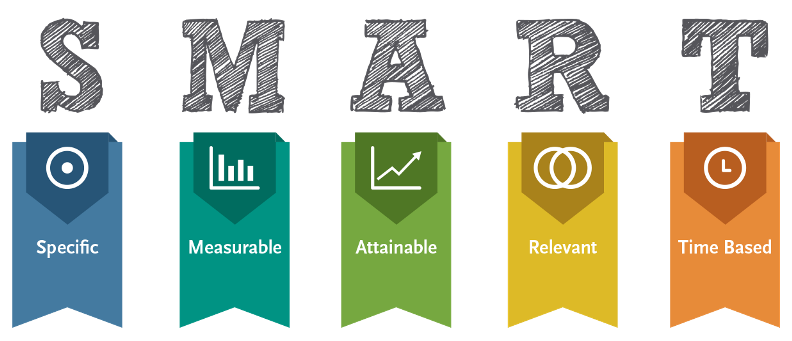A tool that can be used to assess an individual’s readiness to make a behavior change is called the transtheoretical or stages of change model. This model describes five steps or “stages of change” that an individual goes through while making a lasting lifestyle shift.

In the precontemplation stage of change, an individual has no motivation to make a change. Someone who is in the precontemplation stage of change for weight loss, for example, is not thinking about losing weight. Maybe she doesn’t see a need to, or maybe she thinks it will be too hard. Whatever the reason, she has no intention of taking action in the near future.
In the contemplation stage of change, the individual is starting to think about making a change. He may pick up a diet book at the library, check out a local gym, or ask friends what they’ve done to lose weight. However, he has not yet taken any concrete steps to do so.
In the preparation stage of change, the individual is preparing to make a change. She might consult a dietitian to develop a diet plan, throw away tempting junk foods stored in the pantry, or plan out times in the week that she will go for a run after work.
In the action stage of change, the individual is actively working on making a change. He is following his diet plan, exercising regularly, and seeing positive results. This doesn’t mean that he’s perfect; he may still have a cheat day every now and then. Overall, however, he’s working towards his goal and making progress.
In the maintenance stage of change, the individual has achieved the desired goal and is now working on sustaining it. For weight loss, this might look like keeping a regular food diary, ensuring regular attendance at a weekly exercise class, or meal planning for the week.
 The stages of change model is a useful framework because it allows a provider to meet a client where he’s at. Even if I have a patient whose obesity has negatively impacted his metabolic health, it is not appropriate for me to make significant weight loss my immediate goal for him if he is in the precontemplation stage of change. Instead, my goal for the next follow-up assessment might be that the client will move into the contemplation stage of change for weight loss by listing two benefits of achieving a healthy weight (i.e. lower triglycerides, ability to exercise more easily, etc.). It’s important to make goals SMART: specific, measurable, attainable, relevant, and time-based. If you don’t, you aren’t going to see results. In my next post, I’ll continue with behavior change theory and talk more about how to help clients set and reach their goals with motivational interviewing. Stay tuned!
The stages of change model is a useful framework because it allows a provider to meet a client where he’s at. Even if I have a patient whose obesity has negatively impacted his metabolic health, it is not appropriate for me to make significant weight loss my immediate goal for him if he is in the precontemplation stage of change. Instead, my goal for the next follow-up assessment might be that the client will move into the contemplation stage of change for weight loss by listing two benefits of achieving a healthy weight (i.e. lower triglycerides, ability to exercise more easily, etc.). It’s important to make goals SMART: specific, measurable, attainable, relevant, and time-based. If you don’t, you aren’t going to see results. In my next post, I’ll continue with behavior change theory and talk more about how to help clients set and reach their goals with motivational interviewing. Stay tuned!
